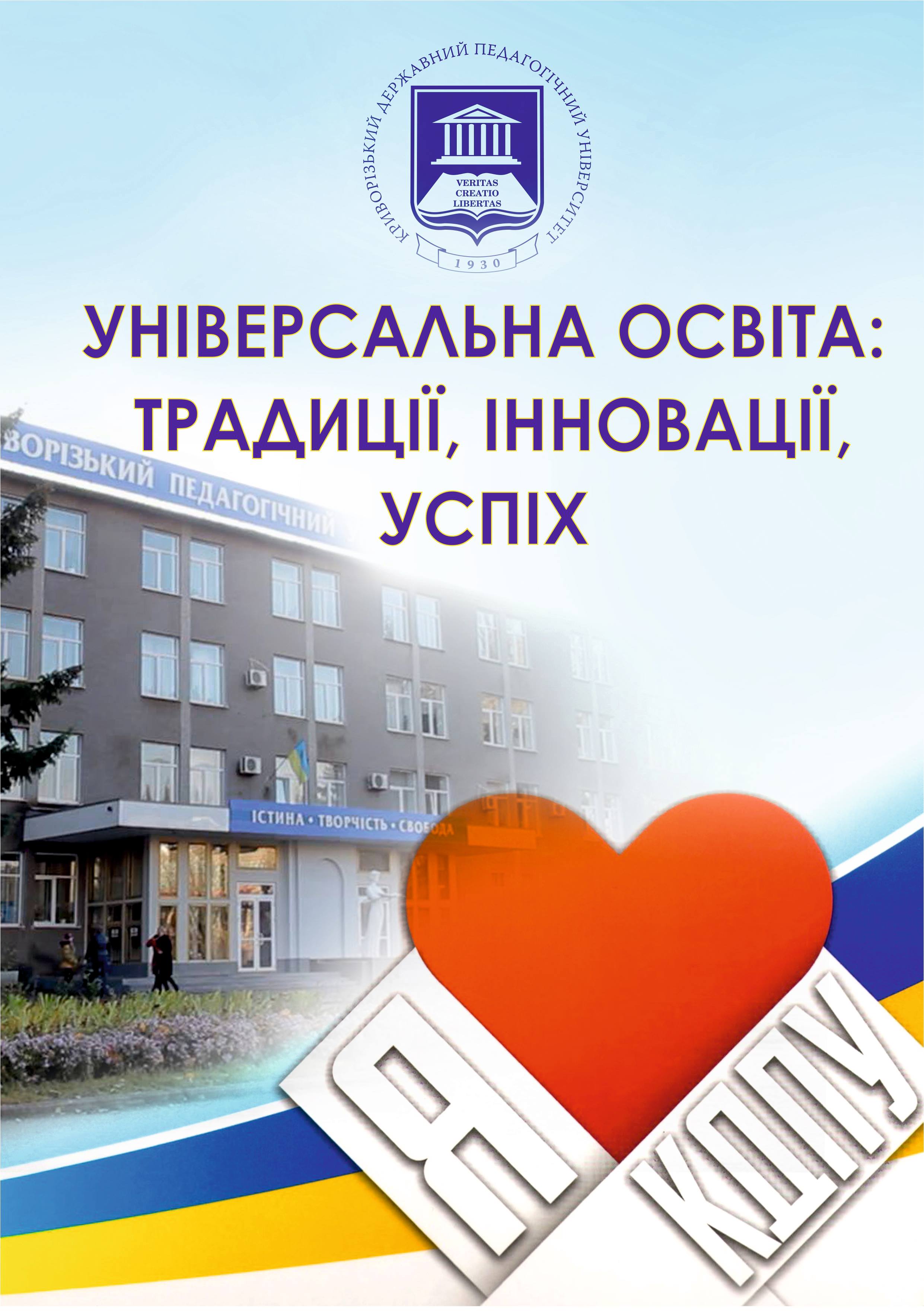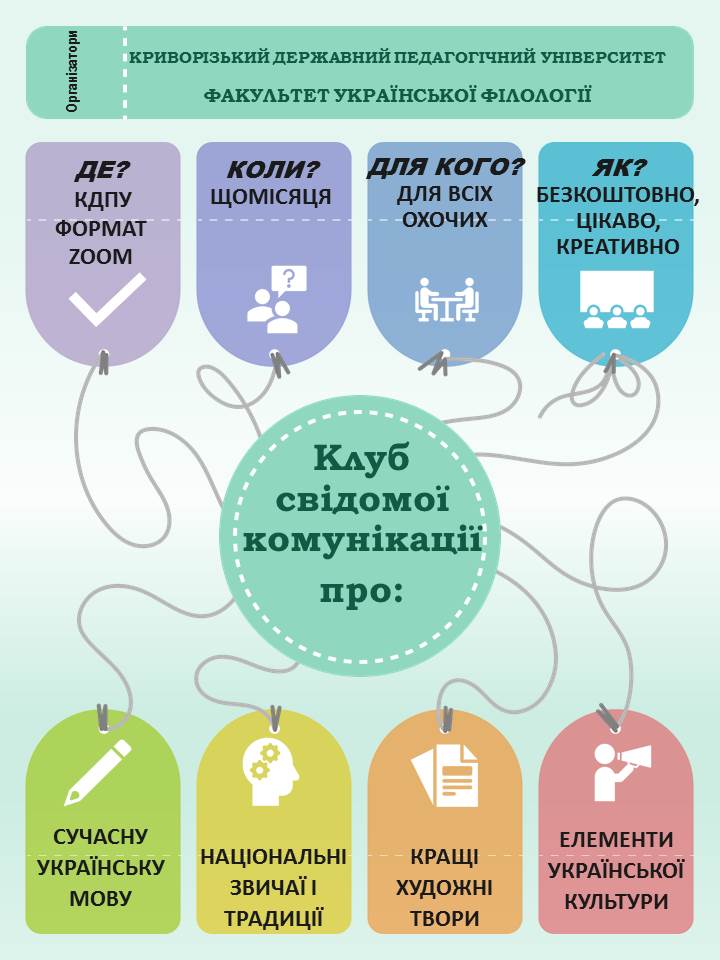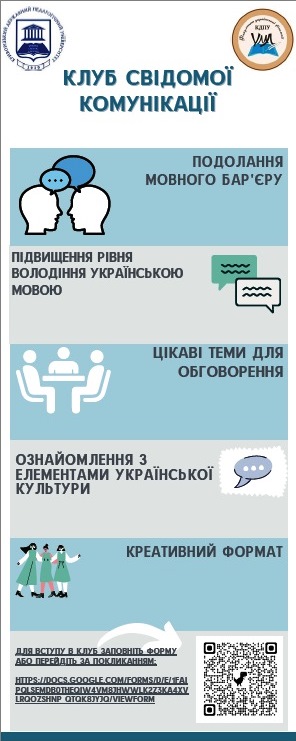8th Illia O. Teplytskyi Workshop (CoSinE 2020)
Computer Simulation in Education
Co-located with the 16th International Conference
on ICT in Education, Research, and Industrial Applications:
Integration, Harmonization, and Knowledge Transfer (ICTERI 2020)
June 16, 2020, Kharkiv – Ukraine
http://icteri.org/icteri-2020/workshops/cosine-2020/
Facebook Event: https://www.facebook.com/events/2511222085671006/
Proceedings: CEUR-WS indexed by Scopus
Post-proceedings: Springer CCIS, indexed by: Scopus, Web of Science, EI-Compendex, Mathematical Reviews, SCImago
CoSinE 2020 as is
CoSinE is a regular peer-reviewed international workshop co-located with ICTERI focusing on theory and practice of computer simulation in education. This workshop is dedicated to the memory of our colleague Illia O. Teplytskyi (1941-2018), and his pioneering work in the field of computer simulation in education.

The first workshop, founded by Illia O. Teplytskyi, was held on March 29, 2005, in Kryvyi Rih State Pedagogical University. The information about previous workshops:
1st, March 29, 2005, Kryvyi Rih State Pedagogical University
https://books.google.com.ua/books?id=aYElDwAAQBAJ
2nd, April 26, 2006, National Metallurgical Academy of Ukraine https://books.google.com.ua/books?id=t4IlDwAAQBAJ
3rd, April 24, 2008, National Metallurgical Academy of Ukraine https://books.google.com.ua/books?id=wYIlDwAAQBAJ
4th, May 12, 2011, National Metallurgical Academy of Ukraine https://books.google.com.ua/books?id=_oIlDwAAQBAJ
5th, April 6, 2012, National Metallurgical Academy of Ukraine https://books.google.com.ua/books?id=xIMlDwAAQBAJ
6th, April 12, 2013, Kryvyi Rih National University https://books.google.com.ua/books?id=X4olDwAAQBAJ
7th, June 12, 2019, Kherson State University http://ceur-ws.org/Vol-2393/
CoSinE puts special emphasis on real-world applications of computer simulation in education. Therefore, all contributors are strongly encouraged to demonstrate how and for what purpose the proposed solutions are to be used. Examples could be taken from case studies involving new tools and/or methodological approaches in education, experimental studies with usable learning applications, or surveys revealing new modelling tools in educational research and practice.
The program of CoSinE 2020 will include an invited talks, contributed presentations of the accomplished work and work in progress. The workshop will be full day.
Important Dates
(23:59 Hawaii time)
Monday, 30.03.2020 – paper submission deadline
Monday, 20.04.2020 – acceptance notification
Monday, 11.05.2020 – camera ready papers submission deadline
Monday, 11.05.2020 – registration deadline
Tuesday, 16.06.2020 – workshop day
No Workshop Fee
CoSinE does not charge any workshop fee. Participation is free.
Topics of interest
CoSinE topics of interest include, but are not limited to, the following:
- Computer simulation in science and mathematics learning
- AI in education
- Educational data mining and learning analytics
- Learning environments models
- Modelling systems in education
- Virtualization of learning
Submission Types and Requirements
CoSinE solicits (i) full research papers, (ii) discussion, survey, or problem analysis papers (both 10-16 LNCS pages). The same evaluation criteria as are used at the ICTERI 2020 Conference. Please refer to
http://icteri.org/icteri-2020/submission-types/ for more details.
Submission Guidelines
The main language of CoSinE is English. Submissions in any other language will be rejected without review. Presentations in any other language are accepted.
All submissions shall be annotated by the key words/phrases freely chosen by the authors. At least three and at most five key phrases have to be provided.
All submissions must comply with the Springer LNCS format guidelines. Formatting instructions and template, as well as submission guidelines, are provided for your convenience at the ICTERI 2020 web site: http://icteri.org/icteri-2020/.
Submissions must be made in .pdf by via the EasyChair System: https://easychair.org/conferences/?conf=icteri2020.
Please submit your paper to the CoSinE 2020 Workshop Track.
Evaluation of Workshop Papers
Every submission will be evaluated by at least three members of the CoSinE Program Committee. Based on evaluation results, the best papers will be accepted for their presentation at the workshop and, if written in English, publication in the proceedings. To ensure the overall high quality of proceedings volume, ICTERI 2020 Program Chairs will do final checks of the papers recommend for the inclusion in the proceedings. In this context, we retain our right to not accept the papers which do not meet the quality standard of ICTERI. Keeping this standard at a persistently high level is crucial for further ICTERI series publications.
More details on the evaluation process are explained in the Process and Milestones page at the ICTERI 2020 web site:
http://icteri.org/icteri-2020/process-and-milestones/.
Publication of CoSinE 2020
1. Only papers written in proper English can be recommended, if accepted by the CoSinE Program Committee and ICTERI Program Chairs, for the inclusion into the ICTERI 2020 Workshop Proceedings which will be published electronically at CEUR-WS (indexed by Scopus).
2. The best papers among the accepted and presented at the conference will be selected and invited by the ICTERI 2020 Steering Committee to be revised and extended for the ICTERI post-proceedings volume by Springer Communications in the Computer and Information Science (CCIS) series.
Please check the Previous ICTERI Conferences page at the ICTERI 2020 web site
(http://icteri.org/icteri-2020/previous-icteri-conferences/) to access the proceedings and post-proceedings volumes published by the previous conferences.
Presentation
Accepted papers must be presented at the conference by one of their authors, who commit to register and attend the workshop. Workshop organizers will withdraw the paper from the publication in CEUR-WS proceedings if the author(s) do not attend the workshop.
Program Committee (PC) of CoSinE 2020
PC Co-Chairs
Arnold Kiv ([email protected]), Ben-Gurion University of the Negev, Israel
Serhiy Semerikov ([email protected]), Kryvyi Rih State Pedagogical University, Ukraine
Vladimir Soloviev ([email protected]), Kryvyi Rih State Pedagogical University, Ukraine
Andrii Striuk ([email protected]), Kryvyi Rih National University, Ukraine
PC Members
Leon Andretti Abdillah, Bina Darma University, Indonesia
Liudmyla Bilousova, H. S. Skovoroda Kharkiv National Pedagogical University, Ukraine
Roman Danel, VŠTE České Budějovice, Czechia
Helena Fidlerová, MTF STU Trnava, Slovakia
Irina Georgescu, Academy of Economic Studies, Romania
Vita Hamanyuk, Kryvyi Rih State Pedagogical University, Ukraine
Nadia Kabachi, Claude Bernard Lyon 1 University, France
Taras Kavetskyy, John Paul II Catholic University of Lublin, Poland
Vitaliy Kobets, Kherson State University, Ukraine
Oleksandr Kolgatin, Simon Kuznets Kharkiv National University of Economics, Ukraine
Olena Komarova, Immanuel Kant Baltic Federal University, Russia
Hennadiy Kravtsov, Kherson State University, Ukraine
Ramkumar Lakshminarayanan, Sur College of Applied Sciences, Oman
Piotr Lipiński, Technical University of Lodz, Poland
Alex Merzlykin, Kryvyi Rih Educational Complex No 129 “Gymnasium-Lyceum of Academic Direction”, Ukraine
Yuliya Nosenko, Institute of Information Technologies and Learning Tools of the NAES of Ukraine, Ukraine
Ranesh Kumar Naha, University of Tasmania, Australia
Sumitra Nuanmeesri, Suan Sunandha Rajabhat University, Thailand
Laima Okuneviciute Neverauskiene, Vilnius Gediminas Technical University, Lithuania
Vasyl Oleksiuk, Ternopil Volodymyr Hnatyuk National Pedagogical University, Ukraine
Jaderick P. Pabico, University of the Philippines Los Baños, Philippines
Liubov Panchenko, National Technical University of Ukraine “Igor Sikorsky Kyiv Polytechnic Institute”, Ukraine
Lukas Pichl, International Christian University, Japan
Olga Pinchuk, Institute of Information Technologies and Learning Tools of the NAES of Ukraine, Ukraine
Oleg Pursky, Kyiv National University of Trade and Economics, Ukraine
Nina Rizun, Gdańsk University of Technology, Poland
Oleksandra Sokolyuk, Institute of Information Technologies and Learning Tools of the NAES of Ukraine, Ukraine
Nataliia Volkova, Alfred Nobel University, Ukraine
Yuliia Yechkalo, Kryvyi Rih National University, Ukraine
How to Get to Kharkiv
Kharkiv is the regional capital city in the East of Ukraine and is a large industrial, scientific, and educational center. This is a modern, cozy and comfortable metropolis with convenient logistics. Kharkiv region remains stable and calm, with the national police ensuring safety and security in the city. The air gate of the city is the international airport “Kharkiv”, which provides international flights to Vienna, Warsaw, Minsk, Istanbul, Tel Aviv, Thessaloniki, Amman, Beirut and soon, as well as domestic Ukrainian flights (https://hrk.aero/en/). More details are available at the Conference Venue page at the ICTERI 2020 web site: http://icteri.org/icteri-2020/conference-venue/.















